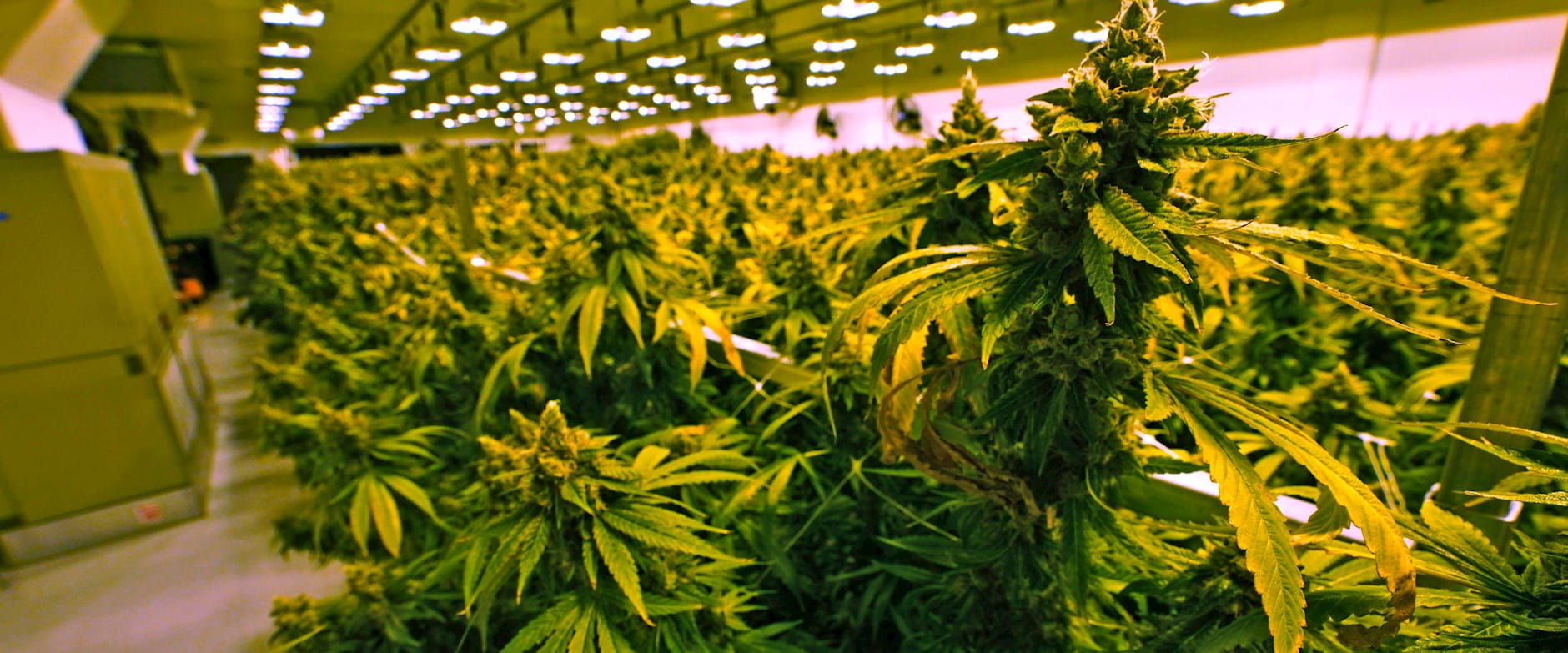Many US states have eased restrictions on marijuana use, sparking debate in the process. Advocates say legalization reduces crime, raises tax revenue, and results in fewer arrests and more business opportunities, particularly in Black and Hispanic communities. Critics counter that it leads to increased drug and alcohol use, more crime rather than less, and worse public health.
But the debates about marijuana legalization have typically overlooked any effects of cigarette smoking and its associated costs, note PhD student Ashutosh Bhave and B. P. S. Murthi, both at the University of Texas at Dallas. They find a pattern that could diminish decades of progress gained in the battle to curb smoking across the country: where marijuana is legalized, cigarette use tends to rise.
For decades, as advocates have battled prohibitions on marijuana use, US public-health authorities have fought cigarette use by highlighting the pitfalls of tobacco, including the link to lung cancer and cardiovascular diseases, its addictive properties, and the harmful effects of secondhand smoke. Medical journals have reported a positive relationship between marijuana and tobacco consumption, write Bhave and Murthi, who are the first to look at the sales data.
The researchers used retail scanner data at the Nielsen Datasets at Booth’s Kilts Center for Marketing to analyze weekly cigarette sales from 2012 to 2017. Colorado was the first state to legalize recreational marijuana use, on January 1, 2012, and Washington followed six months later. Two other states, Oregon and Nevada, rolled out similar laws, in 2014 and 2017, respectively, and the staggered rollouts allowed the researchers to see what happened in each state when the laws went into effect. They compared this with the change in cigarette sales in states that didn’t pass any recreational laws during the study time frame and find an increase in cigarette sales. (Although some states had previously passed laws legalizing medical marijuana, the researchers focused on the laws related to recreational use.)
Bhave and Murthi note that price changes on cigarettes—whether driven by taxes, manufacturers, or both—affected sales. But, controlling for this and other effects including marijuana tourism, the researchers find that cigarette sales increased by an average of 7 percent in states that decriminalized recreational use of marijuana. This average reflects a range, however—from a 16 percent rise in Oregon to a 5 percent fall in Washington.
Since 2017, seven more states have eased restrictions on recreational marijuana, and the researchers argue that all states should consider tobacco-related health-care effects in any debates. The findings will also certainly interest the tobacco industry, which has been investing in the marijuana business.
“Be cautious,” says Murthi. “We could be heading to a future crisis.”
Ashutosh Bhave and B. P. S. Murthi, “A Study of the Effects of Legalization of Recreational Marijuana on Sales of Cigarettes,” Working paper, June 2021.
Your Privacy
We want to demonstrate our commitment to your privacy. Please review Chicago Booth's privacy notice, which provides information explaining how and why we collect particular information when you visit our website.
